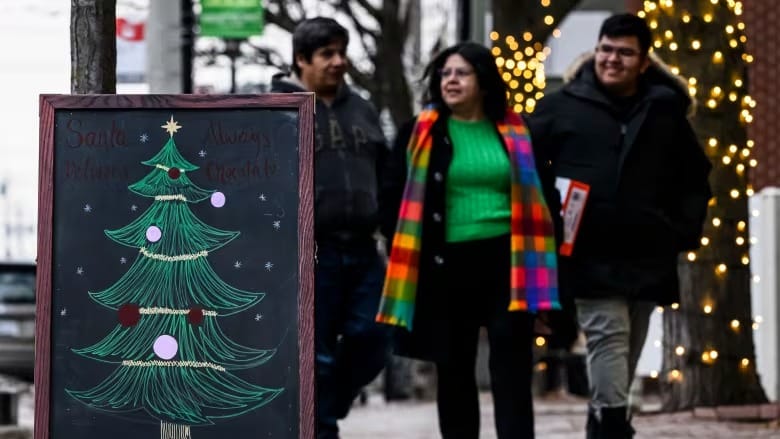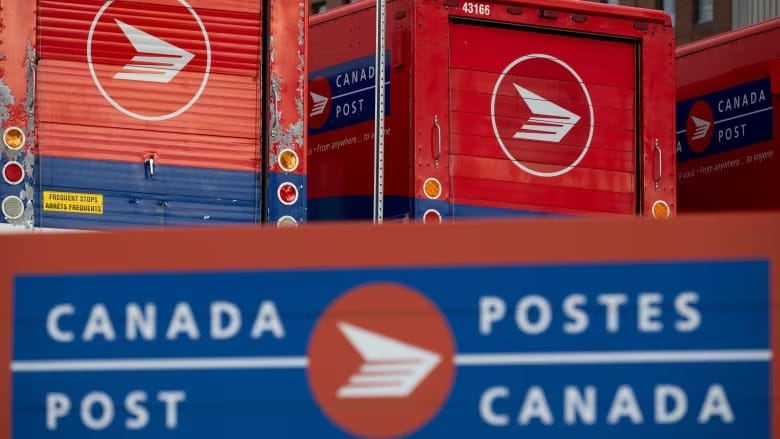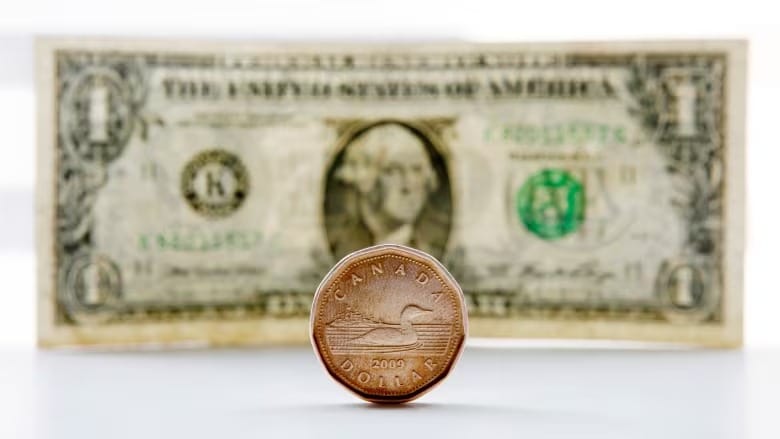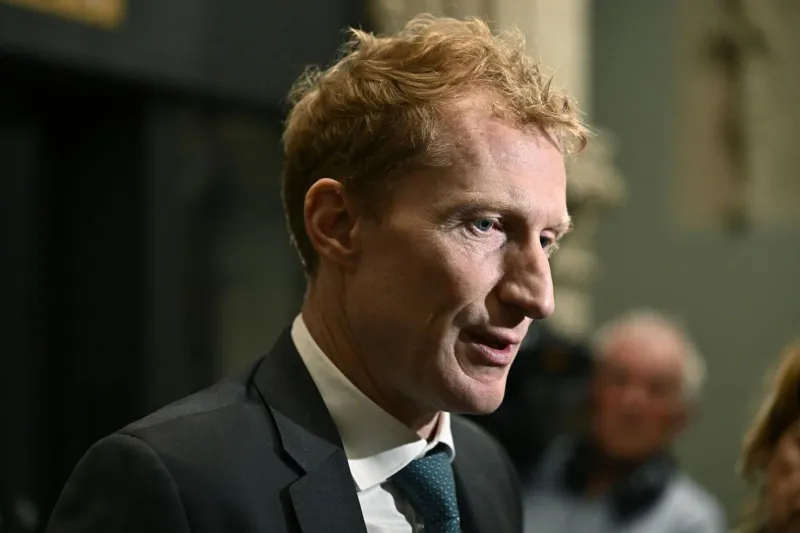Trump's appointees have criticized Trudeau, warned of border issues with Canada
Second Trump administration filling up with most loyal supporters
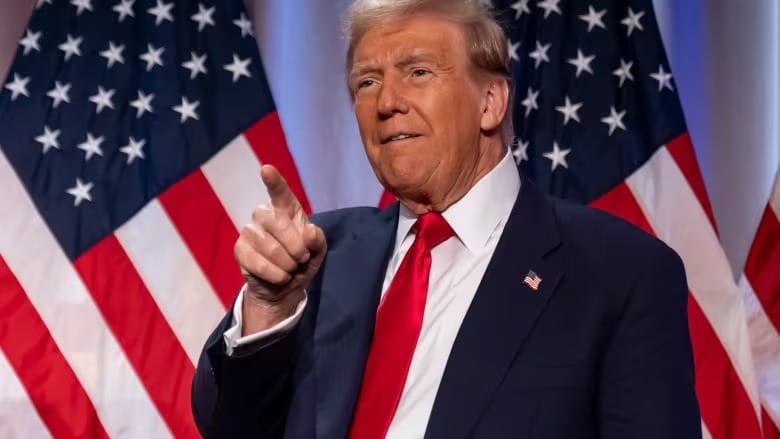
Donald Trump’s second administration is shaping up with a roster of staunch supporters, many of whom have expressed sharp criticism of Prime Minister Justin Trudeau and raised concerns about security along the Canada-U.S. border.
Fen Hampson, a professor of international affairs at Carleton University and co-chair of the Expert Group on Canada-U.S. Relations, noted a lack of Canadian allies in the new lineup. "I don't see a whole lot of friends of Canada in there," he said.
As Trump begins appointing key figures to shape foreign policy and border security, his choices signal potential challenges for Canada. Trump campaigned on a minimum 10% import tariff, which a Canadian Chamber of Commerce report warns could shrink Canada’s economy by $30 billion annually.
Trump’s administration also takes a different stance on global issues, such as providing aid to Ukraine and supporting the United Nations—positions strongly backed by Canada’s Liberal government.
Appointees Critical of Canada
Stephen Miller, slated to serve as deputy chief of staff for policy, has called Canada "increasingly authoritarian and despotic" and described Trudeau as "far-left."
Mike Waltz, appointed as national security adviser, has repeatedly criticized Trudeau, particularly on issues involving China, and recently commented on Canada’s upcoming election, expressing support for Conservative Leader Pierre Poilievre. Waltz, like Trump, has been vocal about NATO members failing to meet defense spending targets—an area where Canada lags, with its pledge to meet the 2% GDP target by 2032.
Other appointees with critical views of Canada include Mike Huckabee, the incoming U.S. ambassador to Israel, who has mocked Trudeau over past controversies. Elon Musk, tapped to co-lead a "Department of Government Efficiency," has used his platform to accuse Trudeau of suppressing free speech, referencing Canada's Online Streaming Act.
Border Security Concerns
Border security remains a major focus. Tom Homan, Trump’s "border czar," has described the northern border as a significant vulnerability, asserting that more individuals on terrorism watch lists are intercepted entering from Canada than Mexico. Homan has also called Trudeau a "terrible" leader.
Elise Stefanik, chosen as ambassador to the United Nations, has advocated for stricter border controls, citing concerns about trafficking and illegal immigration from Canada. Similarly, Florida Senator Marco Rubio, nominated for Secretary of State, has raised alarms over Canada’s decision to accept Palestinian refugees, linking it to border security concerns.
Trade and Economic Implications
The potential reintroduction of broad tariffs by Trump’s team raises questions for Canada. Robert Lighthizer, Trump’s former trade representative, has been advising the transition and is speculated to take on a prominent role. Analysts warn these tariffs could be used as leverage in upcoming trade negotiations, though it remains unclear how extensive they might be or whether industries like energy would be exempt.
Despite the challenges, experts suggest Canada should focus on opportunities. The federal government has already revived a cabinet committee on Canada-U.S. relations.
Prime Minister Trudeau, speaking in Fredericton, emphasized that Canada successfully navigated trade negotiations during Trump’s first term and plans to continue aligning economic interests with the U.S. "That is going to continue to be the case," Trudeau stated.


